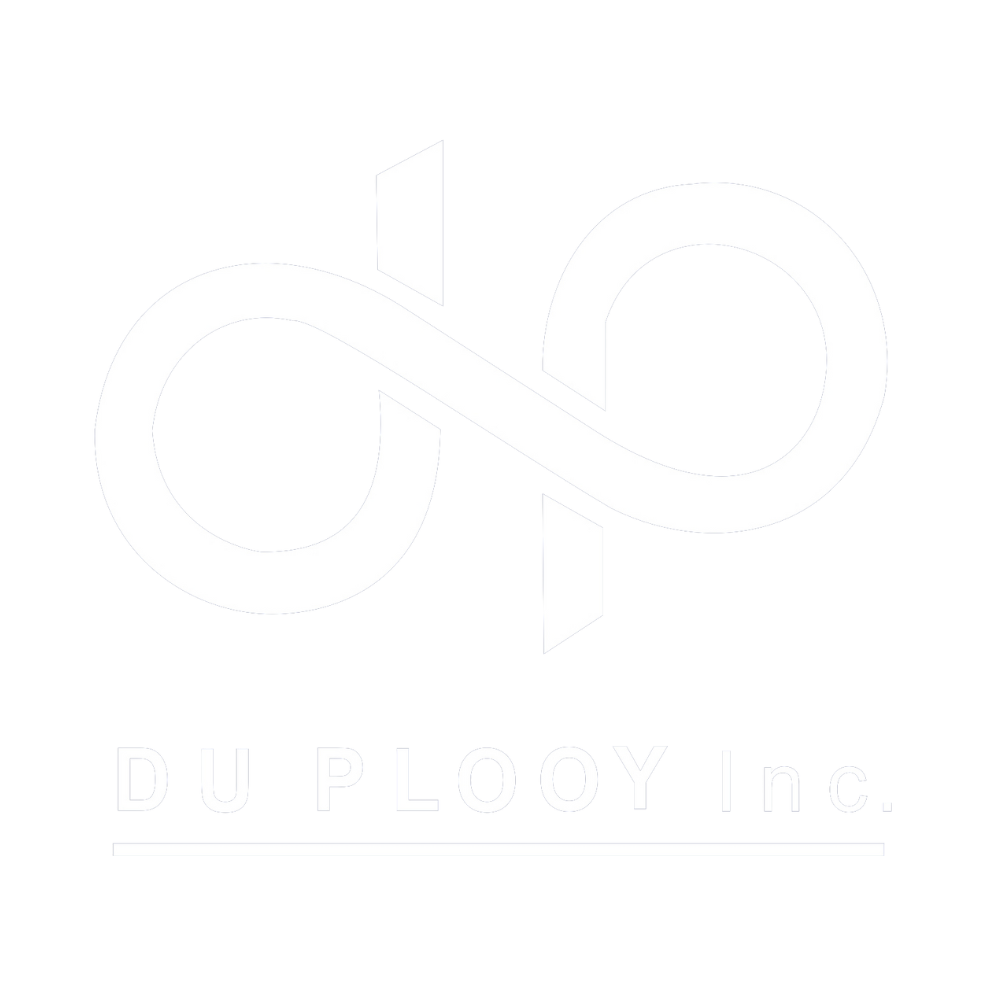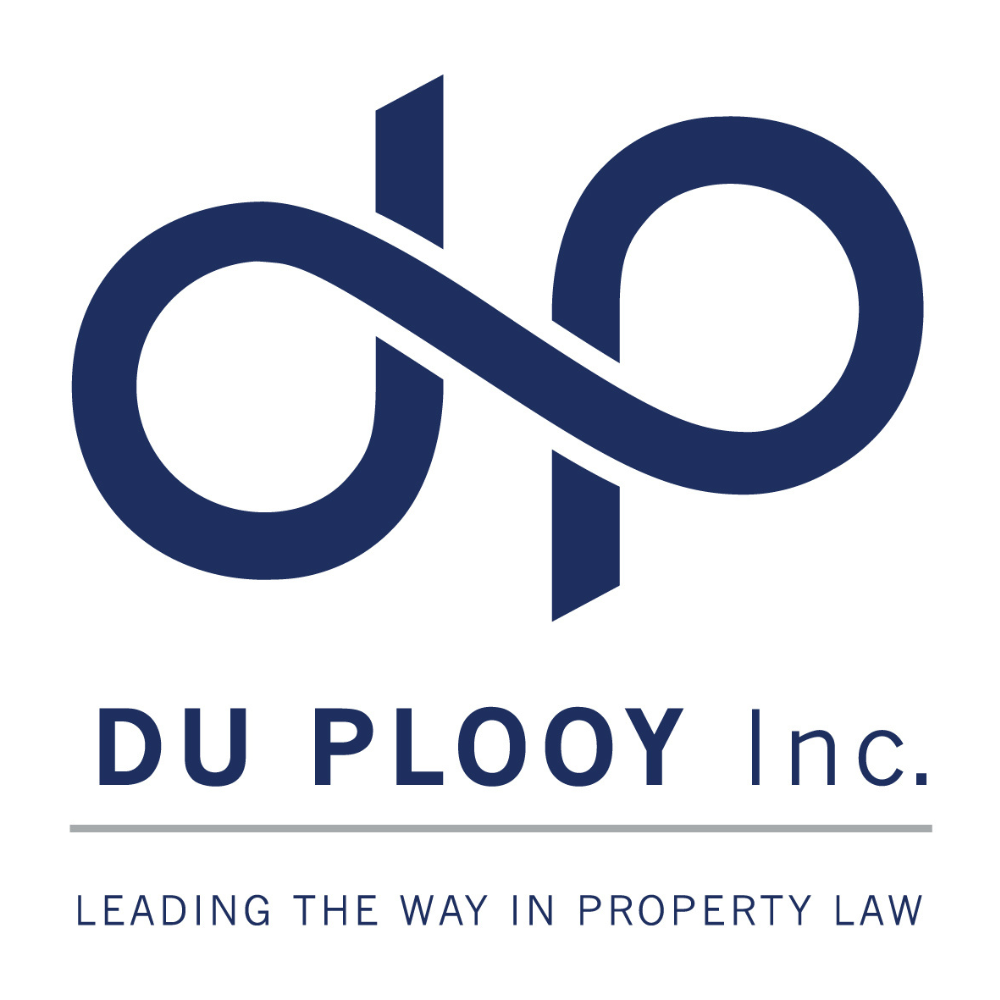Attorneys | Notaries | Conveyancers
Leading the way in
Property Law for
20 years.

Our Blog

Trusts for Property Protection: How They Work and When to Use Them
A trust is a legal arrangement where a person (the Founder) transfers ownership of assets to a separate legal entity, which is managed by a person or group of people (the Trustees). The Trustees are legally obligated to manage these assets for the benefit of specific individuals or a group of people (the Beneficiaries).
How a Trust Protects Your Property and Assets
Asset Protection from Creditors: Once a property is legally transferred into a trust, it no longer forms part of your personal estate. This means that if you as the founder face personal or business insolvency, your property in the trust is generally protected from creditors and personal claims.
Continuity and Estate Planning: A trust has perpetual succession meaning it does not die. This is a significant advantage over a Will. On your death, the assets in the trust do not form part of your deceased estate, saving your loved ones from the delays and costs of the administration process (which can take months). The property remains within the trust and continues to be managed by the trustees for the benefit of the beneficiaries.
Tax Efficiency: A trust can provide tax advantages, such as avoiding capital gains tax on the death of the founder and potentially reducing estate duty. However, it's crucial that a trust is not created solely for tax purposes, as this can be challenged by SARS.
Protecting Your Legacy: You can use a trust to protect assets for minors or beneficiaries who may not be able to manage their own financial affairs. The trust deed will set out clear instructions for the trustees, ensuring your legacy is managed responsibly and according to your wishes.
When to Consider a Trust for Your Property
Business Owners: To create a clear separation between personal assets and business liabilities, offering a layer of protection from business risks.
High Net Worth Individuals: To manage and preserve significant wealth for future generations.
Families: To ensure a family home or vacation property remains in the family for years to come, without the need for constant transfers.
Parents with Minor Children: To safeguard a child's inheritance until they are old enough to manage it responsibly.
The Role of a Conveyancer in Trust Law
Setting up and managing a trust is a complex legal process. At Du Plooy Inc., our role extends far beyond standard conveyancing. We provide comprehensive legal services, including:
Drafting the Trust Deed: We draft the legal document that formalizes the trust and outlines all its terms and conditions.
Trust Registration: We assist with the formal registration of the trust with the Master of the High Court.
Property Transfer: We handle the legal transfer of your property from your name into the trust's name, ensuring all legal requirements are met.
Strategic Advice: We provide expert guidance on whether a trust is the right solution for your specific needs and help you choose the best structure.
A trust is a powerful tool for asset protection and estate planning, but it must be properly structured and administered to be effective. Rely on a legal professional to ensure your trust provides the security you need.
Ready to protect your legacy? Contact Du Plooy Inc. today to discuss whether a trust is the right solution for your property and estate planning needs.
Newsletters
Stay ahead of the curve with Du Plooy Inc.'s legal newsletters! Our concise updates deliver insights on property law, keeping you informed on the latest regulations and rulings.
2025
May
2024
Attorneys | Conveyancers | Notaries
Leading
the way in Property Law
for 20 years.

Our Blog

Trusts for Property Protection: How They Work and When to Use Them
A trust is a legal arrangement where a person (the Founder) transfers ownership of assets to a separate legal entity, which is managed by a person or group of people (the Trustees). The Trustees are legally obligated to manage these assets for the benefit of specific individuals or a group of people (the Beneficiaries).
How a Trust Protects Your Property and Assets
Asset Protection from Creditors: Once a property is legally transferred into a trust, it no longer forms part of your personal estate. This means that if you as the founder face personal or business insolvency, your property in the trust is generally protected from creditors and personal claims.
Continuity and Estate Planning: A trust has perpetual succession meaning it does not die. This is a significant advantage over a Will. On your death, the assets in the trust do not form part of your deceased estate, saving your loved ones from the delays and costs of the administration process (which can take months). The property remains within the trust and continues to be managed by the trustees for the benefit of the beneficiaries.
Tax Efficiency: A trust can provide tax advantages, such as avoiding capital gains tax on the death of the founder and potentially reducing estate duty. However, it's crucial that a trust is not created solely for tax purposes, as this can be challenged by SARS.
Protecting Your Legacy: You can use a trust to protect assets for minors or beneficiaries who may not be able to manage their own financial affairs. The trust deed will set out clear instructions for the trustees, ensuring your legacy is managed responsibly and according to your wishes.
When to Consider a Trust for Your Property
Business Owners: To create a clear separation between personal assets and business liabilities, offering a layer of protection from business risks.
High Net Worth Individuals: To manage and preserve significant wealth for future generations.
Families: To ensure a family home or vacation property remains in the family for years to come, without the need for constant transfers.
Parents with Minor Children: To safeguard a child's inheritance until they are old enough to manage it responsibly.
The Role of a Conveyancer in Trust Law
Setting up and managing a trust is a complex legal process. At Du Plooy Inc., our role extends far beyond standard conveyancing. We provide comprehensive legal services, including:
Drafting the Trust Deed: We draft the legal document that formalizes the trust and outlines all its terms and conditions.
Trust Registration: We assist with the formal registration of the trust with the Master of the High Court.
Property Transfer: We handle the legal transfer of your property from your name into the trust's name, ensuring all legal requirements are met.
Strategic Advice: We provide expert guidance on whether a trust is the right solution for your specific needs and help you choose the best structure.
A trust is a powerful tool for asset protection and estate planning, but it must be properly structured and administered to be effective. Rely on a legal professional to ensure your trust provides the security you need.
Ready to protect your legacy? Contact Du Plooy Inc. today to discuss whether a trust is the right solution for your property and estate planning needs.
Newsletters
Stay ahead of the curve with Du Plooy Inc.'s legal newsletters! Our concise updates deliver insights on property law, keeping you informed on the latest regulations and rulings.
2025
May
2024
Trusted Expertise, Proven Results.
We've helped over 50,000 clients achieve success.

Trusted Expertise,
Proven Results.
We've helped over 50,000 clients
Achieve Success.

DU PLOOY Inc
Training Centre
Are you an Estate Agent or Mortgage Originator?
The KVV Training Centre is a platform for continued learning and education. This Centre is especially focused on Estate Agents and Mortgage Originators who wish to broaden their knowledge about the property industry and the legal implications of the elements associated with it.
Our directors are more than happy to do onsite training at your offices, in which case the material in the training centre can be used to reaffirm knowledge obtained during training. Alternatively, the Training Centre provides a welcome alternative to the learner who does not have time to sit in a classroom during the day and wishes to do training in his own time and in the comfort of his own home or office.
Certain of the programmes provide for a small knowledge test at the end, in order to obtain and print an Attendance Certificate as required by the PPRA.
Johannesburg
Monday - Friday: 8am to 5pm
Saturday & Sunday: Closed
Hermanus
Monday - Friday: 8am to 4.30pm
Saturday & Sunday: Closed
Follow us

Johannesburg
Monday - Friday: 8am to 5pm
Saturday & Sunday: Closed
Hermanus
Monday - Friday: 8am to 4.30pm
Saturday & Sunday: Closed
Follow us
© Du Plooy Inc 2026
© Du Plooy Inc 2026
